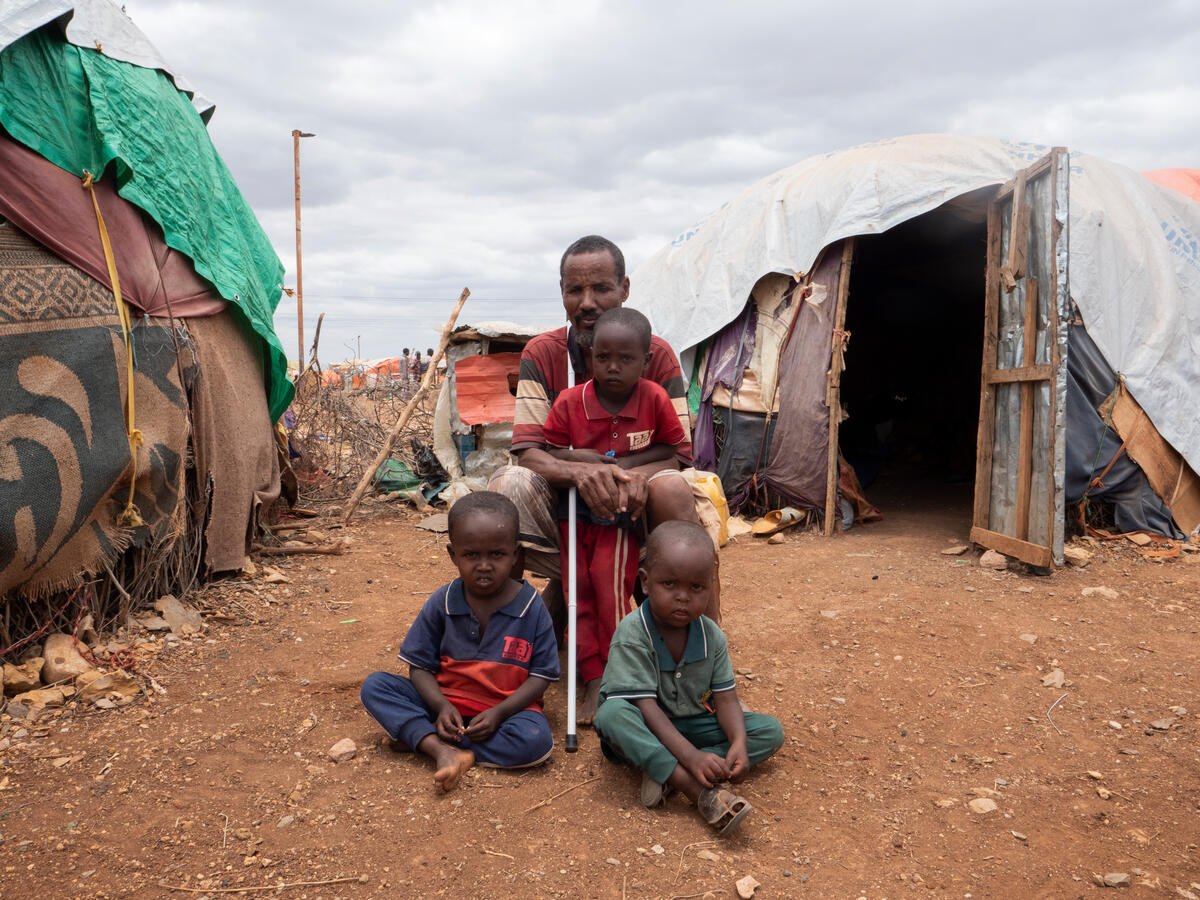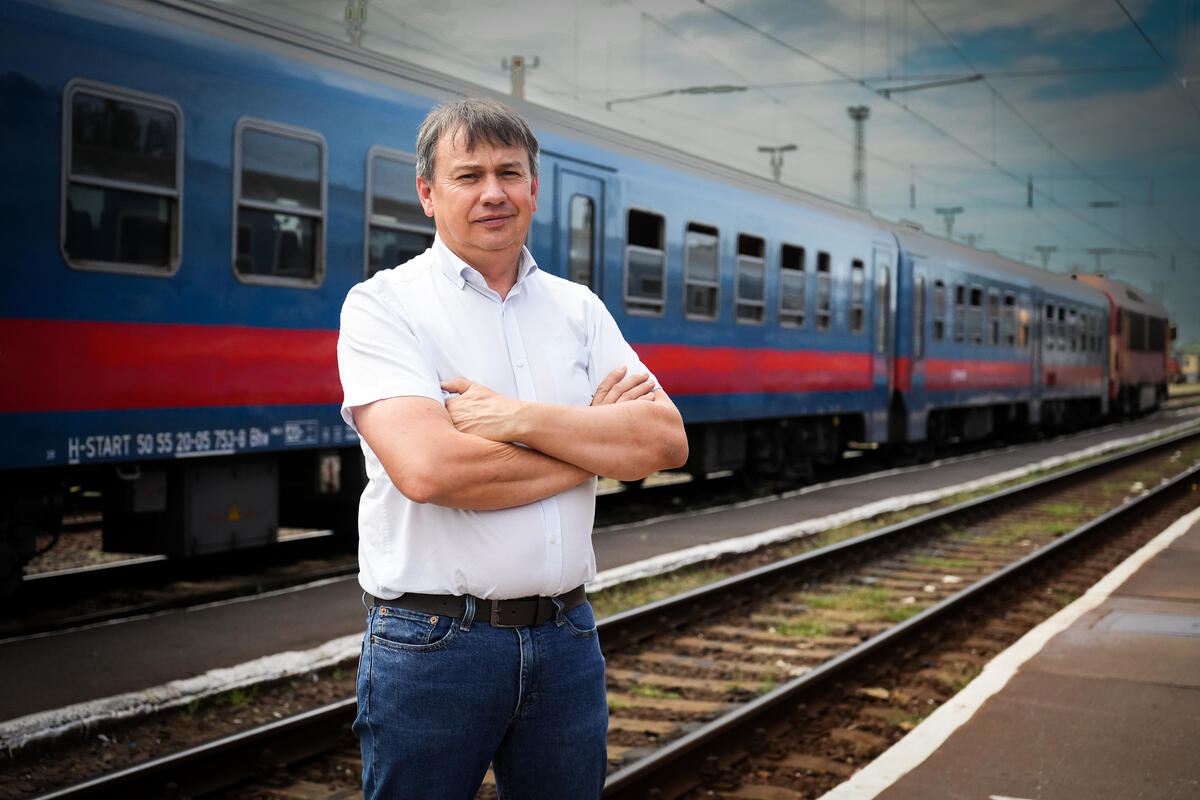Joint UNHCR/WFP News Release: Food, shelter and protection promise stable future for Eastern Democratic Republic of Congo
Joint UNHCR/WFP News Release: Food, shelter and protection promise stable future for Eastern Democratic Republic of Congo
Goma- The Executive Director of the UN World Food Programme (WFP), Josette Sheeran, and the UN High Commissioner for Refugees (UNHCR), António Guterres, said they hoped more people displaced by years of conflict in the eastern region of the Democratic Republic of Congo will soon find the security they need to return to their homes and re-start farming their land.
"Worldwide we see that wherever security allows, people return to their homes and resume their lives," said Guterres. "We want to see more of this happening in eastern Congo. But it's a goal that can only be achieved if protection of civilians in DRC is both a national and international priority."
" I have no doubt that given the support they need, and the stability that they crave, the people of this region can take advantage of the fertile land they live on to build a better future," Sheeran said. "Where relative peace prevails, WFP is planning to help Congolese communities return to productive lives through innovative programmes that use cash, vouchers and local purchase to support the growing agricultural economy.
Sheeran and Guterres made their comments ahead of a visit to camps near Nyanzale for Congolese who have been forced to flee their homes due to conflict in eastern Congo.
The camps for internally displaced people near Nyanzale, some 130 kilometres from North Kivu's provincial capital, Goma, highlight some of the most critical work being done by WFP and UNHCR in eastern Congo. Both agencies are supporting populations that have been forced from their land and villages by fighting, as well as preparing them for a better future if peace and stability endures.
WFP is providing food assistance to some 150,000 internally displaced people in North Kivu Province. That includes some 3,900 people living in three camps around Nyanzale. The vast majority of camp dwellers - some 70 percent - are women. Most have lost their husbands and many have been raped during years of violence in eastern Congo.
In North Kivu, UNHCR is assisting refugees, coordinating humanitarian assistance to 84,000 internally displaced people in 42 camps, and working to prevent and respond to sexual violence. UNHCR has assisted 106,000 IDPs in returning to their villages and re-building their lives since 2007.
In the past 15 months, relative stability in some areas has allowed over a million displaced people to return to their villages. Elsewhere, however, there has been significant new displacement. Given this shifting security environment Sheeran and Guterres warned that decisions relating to the future of UN peacekeepers must take into account their vital support to humanitarian agencies in reaching the displaced in remote and insecure areas.
WFP is the world's largest humanitarian agency fighting hunger worldwide. Each year, on average, WFP feeds more than 90 million people in more than 70 countries.
WFP now provides RSS feeds to help journalists keep up with the latest press releases, videos and photos as they are published on WFP.org. For more details see: http://www.wfp.org/rss
UNHCR works to help the world's refugees and internally displaced people. At the end of 2009 there were 43 million forcibly displaced people worldwide, including 15.2 million refugees (10.4 million of whom were under UNHCR's care), 983,000 asylum seekers, and 27.1 million internally displaced people.
Visit www.unhcr.org for more information.








